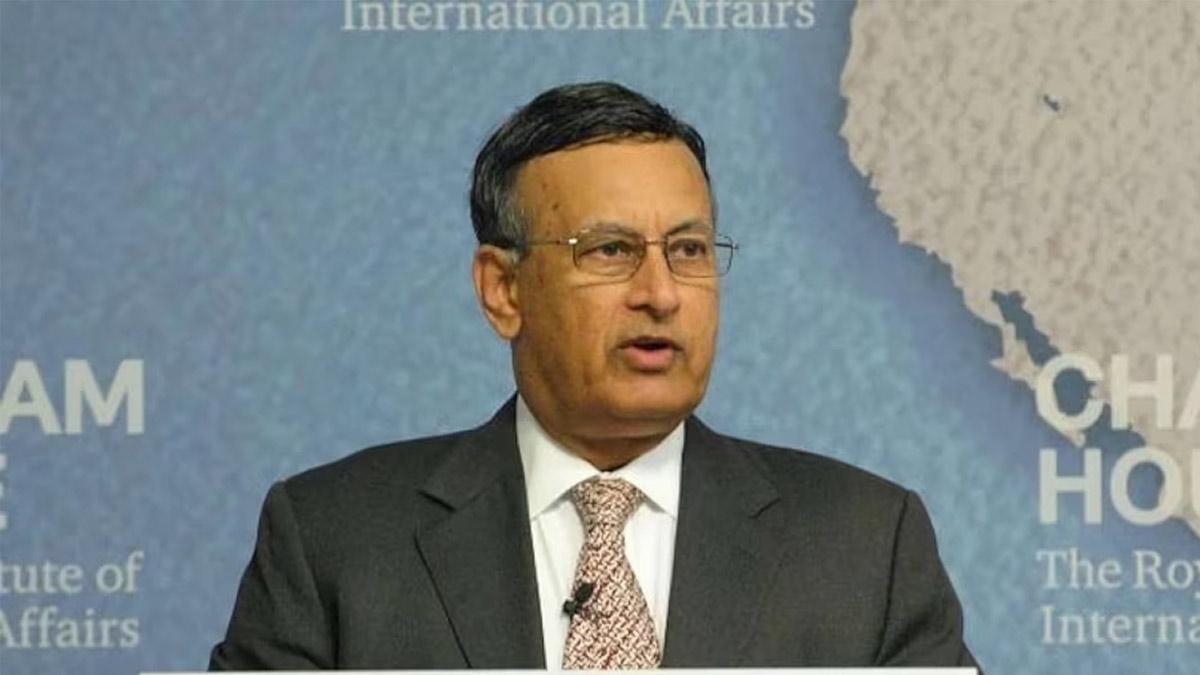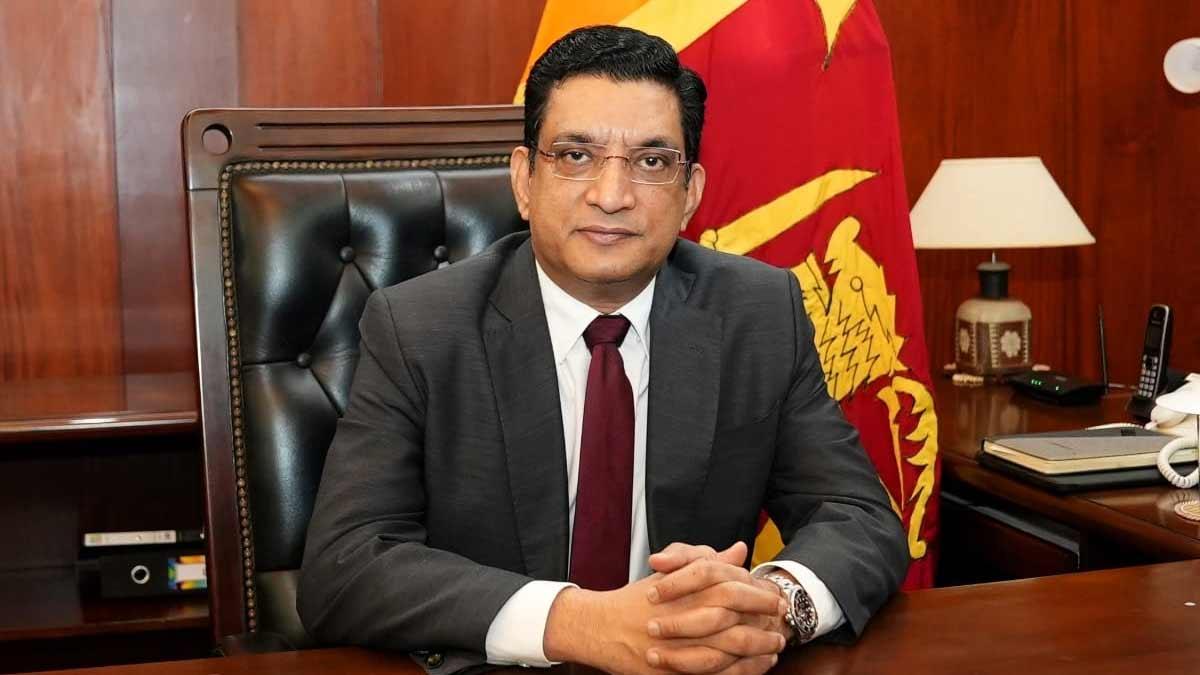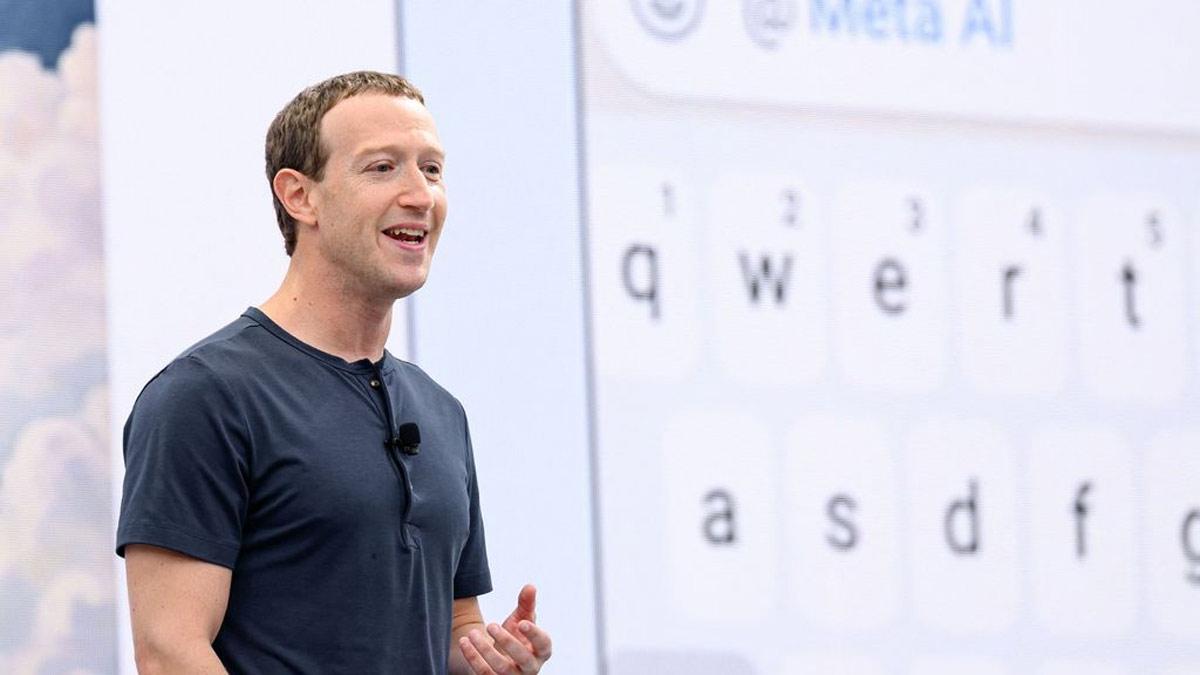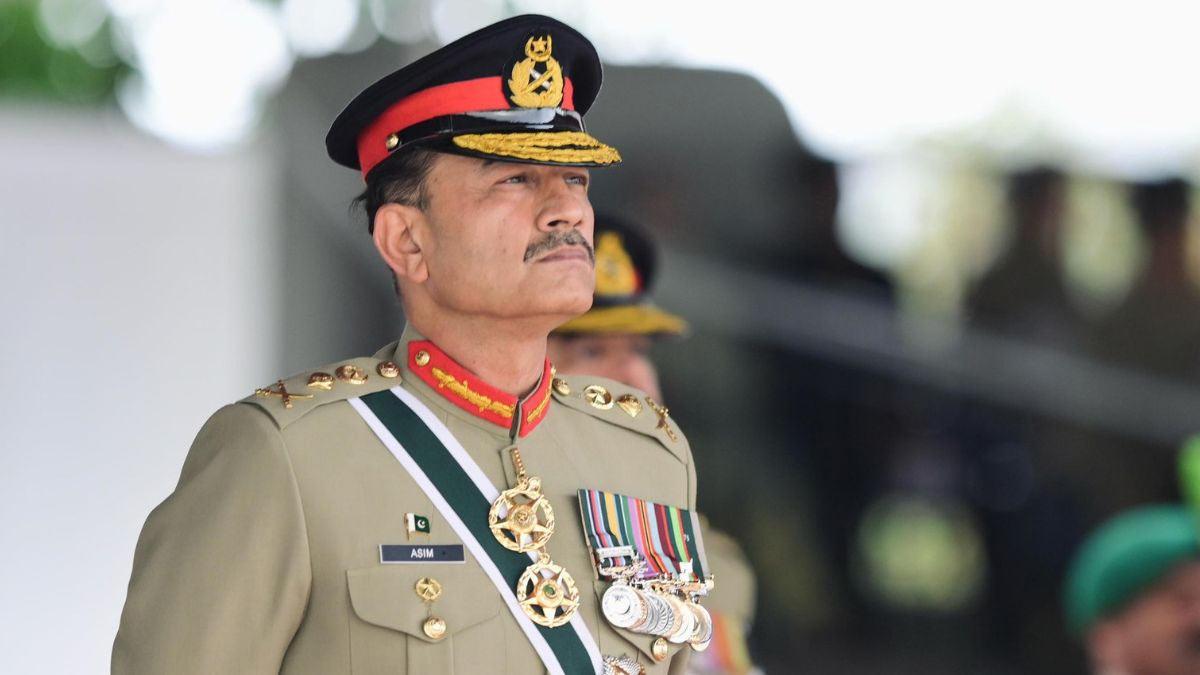"Pakistan is a perilous place — but not why Americans believe it is," said Husain Haqqani, Pakistan's previous ambassador to the United States, in a candid discussion at the 2013 Aspen Ideas Festival.
For his unflinching opposition to the primacy of the Pakistani military and its strategizing for disaster, Haqqani stressed that a great deal of America's comprehension of Pakistan's instability is inherently misconceived. "The Americans do not understand Pakistan," he said.
In the lengthy analysis, Haqqani identified Pakistan's fundamental issues as internal, not external. He explained the nation's instability by referencing internal issues such as a weak national identity, uncontrolled population growth, a slow economy, and lopsided security policies. "It was a country made with very little prior discussion and analysis," Haqqani said, comparing the fragile underpinnings of Pakistan to the deep-rooted civilizations of Egypt, Iran, and India.
Haqqani spoke to deep-seated fears regarding India, saying, "India, for instance — I know Pakistanis worry about India. But let's be realistic. India has never philosophically embraced the concept of Pakistan, but it has not been guilty of causing any of the wars with Pakistan." He described Pakistan's sense of external threats, particularly from India and Afghanistan, as being mostly perceived rather than real. "Afghanistan is too poor and too weak to invade Pakistan," he said, describing the threat as more psychological than real. "So most of the issues that Pakistan perceives itself in are psychological issues, not actual ones."
He also raised the issue of Pakistan's demographic problems. With over 210 million people in 2013, and over half of them below the age of 21, Haqqani lamented a pending crisis in education and poverty. "One-third of them will never lay eyes on the inside of any school, much less madrasas," he noted, while another third ekes out a bare existence just above the poverty line. "And yet the country has nuclear weapons."
Haqqani was also most critical of Pakistan's strategy for national defense. "We are now like the fellow who continues to buy guns in an effort to defend himself and then complains, 'Oh gosh, I can't sleep because I'm worried someone is going to steal my guns,'" he declared. He contended that fear of U.S. efforts to take away Pakistan's nuclear weapons is yet another example of the paranoia generated by Pakistan's military establishment.
His perceptions have remained relevant in the wake of subsequent events, including India's pinpoint military attacks on Pakistani territory for cross-border terror operations. These retaliations led to retaliatory strikes by Pakistan, to which India reacted by destroying a few airbases. In the meanwhile, U.S. President Donald Trump asserted that American diplomacy served to dampen the conflict. But Indian officials later explained that there was a ceasefire only after a verbal contact between Pakistan's Director General of Military Operations and his Indian counterpart.
Trump later referred to Pakistanis as “brilliant people” who produce “incredible products,” a statement that sparked backlash in India. Security analysts in New Delhi criticized the U.S. for seemingly drawing parallels between a democracy actively combating terrorism and a nation frequently accused of harboring militants.
Read also| Imran Khan Mocks Gen Munir's Elevation Amid Concerns Over Military Dominance in Pakistan


















